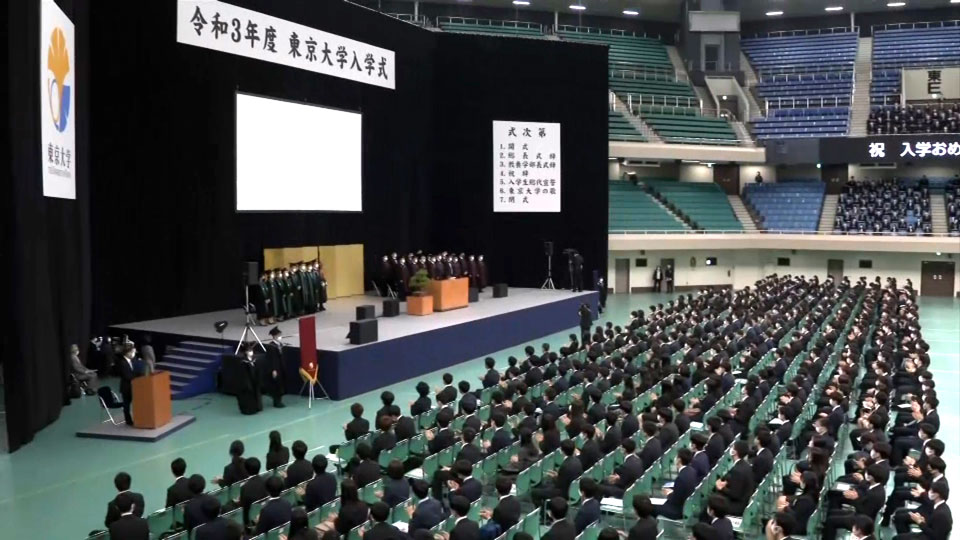The university’s new executive board convened for the first time in April. Five of its nine members are women.
“I think this is a very important signal not only to the university community, but also to society at large, that the University of Tokyo is changing, and Japanese society is changing,” says Hayashi Kaori, one of the new executive vice presidents and a professor of Media and Journalism Studies.
Hayashi says she hopes the gender balance of the board will help attract more young women to study. She recalls that when she entered university in the 1980s, women were discouraged from taking four-year courses, and many businesses wouldn’t employ women who were living away from their hometowns.
Nearly four decades on, some things haven’t changed much. “I hear that many women outside Tokyo are still reluctant to come all the way here,” she says. “Quite a few people still feel it’s not worth investing in women’s education, so if they go to university, it tends to be at a local institution.”
“If we can attract more women, both as researchers and students, we can create role models not only for the University of Tokyo, but for the entire academic community in Japan and the world,” says Hayashi.
For the last four years, the university has been offering housing subsidies for women as part of a program aimed at remedying the gender imbalance.

The World Economic Forum’s Global Gender Gap Index this year ranked Japan 120th of 156 nations. Hayashi says part of the reason the university felt it was important to have a majority of women on the board was that Japan as a whole has so much catching up to do.
“It’s about more than just a policy for our university,” she says. “It’s a broader philosophical endeavor. We’re sending a message that we are changing.”
But she says gender parity shouldn’t be the only priority. Hayashi believes the university needs to embrace diversity in all its forms for the good of the students.
“It gives them a competitive edge,” she says. “I’ve had students from Russia, Ukraine, Brazil, Australia, Korea, China, as well as Japan, and each student has different perspectives. They offer ideas and new insights and other students respond.”
The new board is now discussing the idea of including lessons on diversity in the curriculum. Hayashi says she hopes what they achieve at the university will impact Japanese society as a whole.


